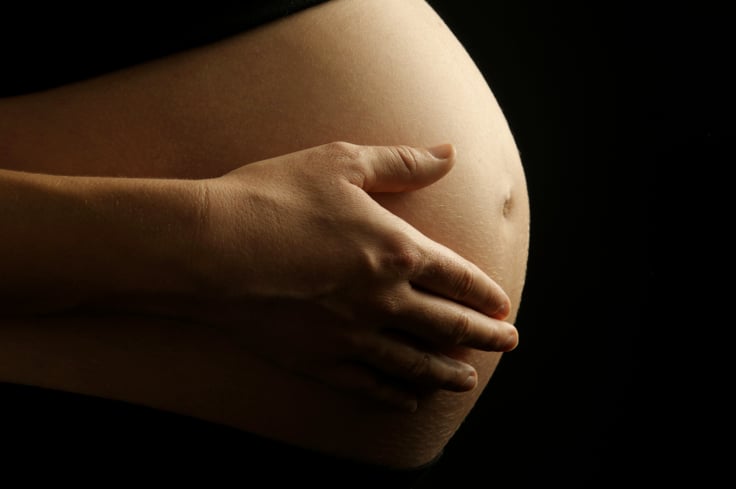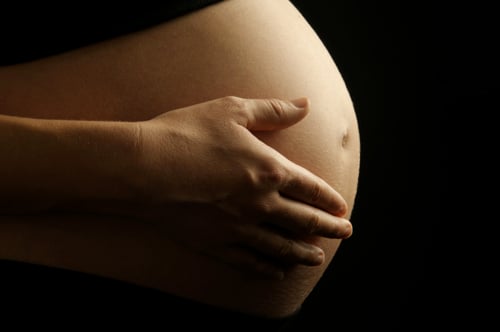Increased risk of stillbirth after Covid-19 infection
Research findings
|Published
Women infected with Covid-19 during pregnancy, had an increased risk of stillbirth, according to a new, large Nordic research study. The increased risk was highest among those who were infected by the Delta variant.
The goal of this research was to study whether the risk of stillbirth after 22 completed weeks of pregnancy, was higher among women who had tested positive for Covid-19 during the pregnancy. Stillbirth is very rare, which also makes it difficult to identify potential risk factors. Hence, the research team combined data from national health registries in Norway, Sweden and Denmark to get a large enough study population.
The research study included 389,949 births across the three countries, with a total of 1,013 stillbirths. 31 of these happened among women who had had a Covid-19 infection. This shows a 2.4 times higher risk of stillbirth among women infected with Covid-19 during pregnancy compared to those who were not infected.
– Previous research studies trying to look at this connection, have only had a modest number of cases, and have therefore been unable to provide any robust conclusions, says Maria C. Magnus, senior scientist at Centre for Fertility and Health at the Norwegian Institute of Public Health.
– We would like to point out that stillbirth is very rare, Magnus says, and underlines that this is also the case for women infected with Covid-19.
The absolute risk of stillbirth was 2.3 per 100,000 follow-up days among pregnant women who had not had Covid-19, while it was 5.8 per 100,000 follow-up days among those who had had a Covid-19 infection while pregnant. In total, 31 stillbirths were recorded among women with a positive Covid-19 test during the research period.
Higher risk shortly after infection
The risk of stillbirth according to time intervals after Covid-19 infection, was also examined.
– We found the highest risk of stillbirth within the first two weeks of infection, with a 5.5 higher risk, says Magnus.
The risk was lower, but still increased, the longer time passed after infection. During the first four weeks, the risk was 4.4 times higher, and 3.7 times higher during the first six weeks after infection.
– The higher risk of stillbirth in the period right after infection, supports the theory of an effect of infection on stillbirth risk, Magnus says.
Different virus variants cause different risks
The scientists also found differences in the risk of stillbirth depending on which Covid-19 variant dominated when the pregnant woman tested positive. The risk was higher during the period when the Delta variant dominated. Among these, the risk was 8.2 higher during the first four weeks after infection. To compare, the risk was 3.7 higher among those who tested positive when the Index variant (the very first variant) dominated, and 2.7 times higher when Alpha dominated.
– Since recommendations for Covid-19 testing were changed in February 2022, and we no longer have an overview of those who have/have had a Covid-19 infection recently, we are unable to say anything about the risk of stillbirth among women infected with variants circulating in recent times. We therefore don’t know whether current variants carry an increased risk of stillbirth, Magnus says.
Vaccination
The Norwegian Institute of Public Health recommends all pregnant women to get vaccinated against Covid-19 during second or third trimester. The recommendations are based on an overall assessment based on research studies showing a certain increased risk of serious illness or complications among pregnant women infected by Covid-19. These studies also show no connected risk for the mother, the child nor the pregnancy in general among those vaccinated.

